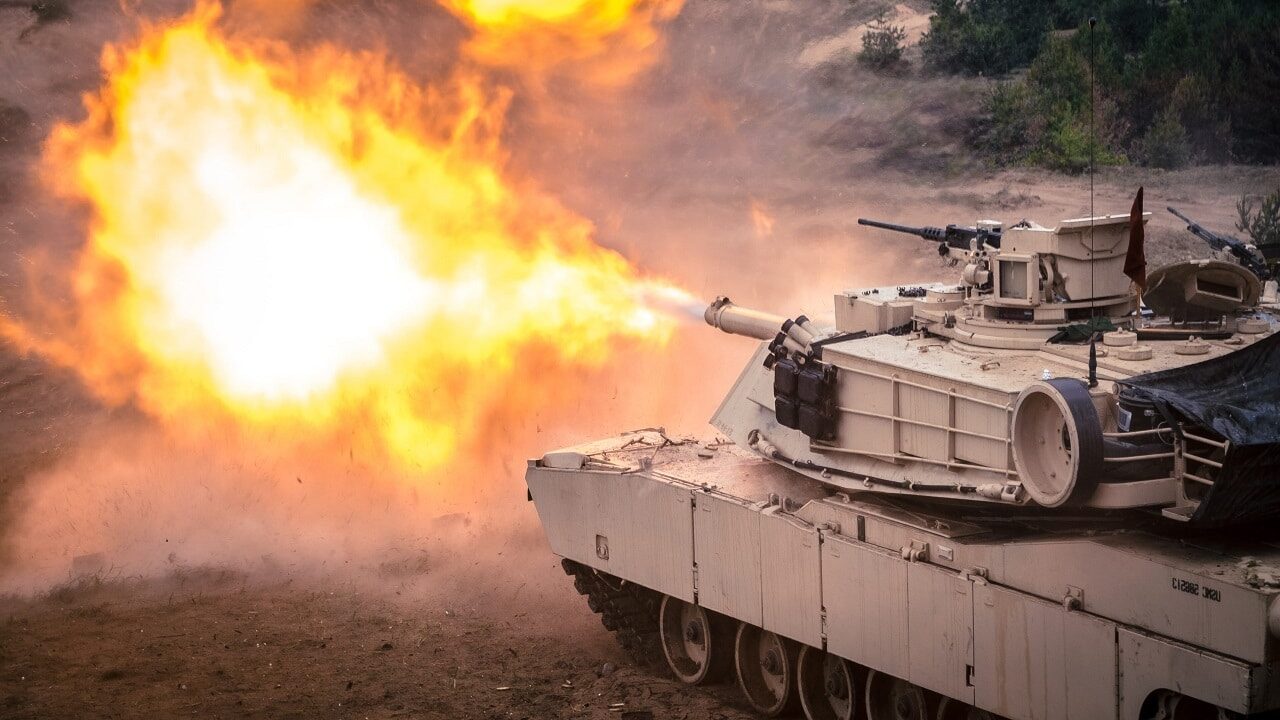It is widely understood now that Russian President Vladimir Putin blundered badly in his invasion of Ukraine. He planned the war as a fait accompli blitzkrieg. The whole thing would end in a week or two. Putin would re-organize post-Soviet space in one swift stroke. NATO would be caught off guard and scared about further Russian moves. China would be impressed at Putin’s audacity, helping to off-set the unbalanced economic relationship between the two countries. The world would once again be impressed by Putin the master strategist.
Instead, the war has turned into an expensive, embarrassing, debilitating calamity. Russia may still win in the minimal sense of holding onto some conquered territory (although I doubt even that). But in every other important aspect, the war has been a disaster, and it is getting worse, not better.
Economically, the sanctions placed on Russia because of the war are pummeling its GDP. Politically, Russia is mostly alone. China and India have not supported the sanctions but otherwise kept their distance. Militarily, the war has turned into a stalemate, tilting slowly toward the Ukrainians. Russia has taken no new territory in a year. Ukraine has launched two successful offensives since then, and another is expected later this spring. And now, strategically, Russia has just suffered another set-back. Finland has joined NATO.
Finland’s Accession Continues the Encirclement of Russia
Putin and his various apologists have claimed for years that NATO enlargement was forcing Russian revisionism in its periphery. Had NATO not expanded, Putin would not be mucking around in Crimea, Georgia, Belarus, and so on.
But this inverts the causal logic. NATO did grow from Western imperialism; it grew because eastern European countries wanted to join – quite desperately, in fact. And the motivation for accession was quite obvious – anxiety about Russian foreign policy behavior. Russia has a long historical record of conquering and dominating many of its neighbors. The old Russian empire included Poland and Finland. The Soviet Union, which effectively became an empire builder in eastern Europe, controlled even more of those countries which joined NATO in the 1990s.
If Russia could live comfortably within its borders, if it did not insist on grand, civilizational missions – such as defending the ‘Russian World’ – it might live in peace with its neighbors. But that is comparatively rare in Russian foreign policy. Instead, Russia’s urge to dominate leads nearby countries to balance Russian power. Those subordinated European states which could escape in the 1990s ran to NATO as soon as they could. Finland felt threatened enough by Putin to give up its longstanding neutrality. Sweden will join NATO too, and Ukraine also wants in.
The broader strategic consequence of the war then is to drive yet more states toward NATO. The war is worsening Russia’s encirclement by Western states, rather than alleviating it as intended.
Finland is an Asset to NATO
There has been some concern that adding Finland would weaken, not strengthen, NATO. Finland is far from the traditional western European center of NATO. It has a long border with Russia. In 1939-40, it fought a war with the Soviet Union and was badly defeated. Western considerations of helping Finland were blunted by the distance and weather. Finland avoided NATO throughout the Cold War to avoid provoking the USSR, and for the last thirty years to avoid provoking Russia. The term ‘finlandization’ even arose to characterize this neutralist stance.
Those concerns are overwrought for two reasons. First, Finland has a far more capable military than a typical, under-resourced Western European military. In fact, Finland’s government has pushed NATO to spend more and take Russian threats more seriously. Concerns about free-riding, which bedevil US relationships with allies like Germany or Italy, do not apply. Finland has postured itself since its 1940 defeat to fight the Russians again if necessary.
Second, the Russian military is in no condition to threaten a powerful conventional military at this time. Russia’s army has been ground down badly in the quagmire of Ukraine. If it cannot defeat Ukraine, then it is even less likely to defeat the Finns backed by NATO. To threaten Finland conventionally will require exiting Ukraine and a massive reconstruction effort of the Russian army. And notably, the last Russian military modernization, in the decade before the Ukraine invasion, failed. It produced the army being beaten today. A major Russian conventional threat to Finland is at least a decade away and assumes, heroically, a modernization less corrupted and incompetent than the last one.
In short, Finland’s accession is yet another unanticipated blow to Russian power. Russia cannot meaningfully counter it because it is bogged down in Ukraine. The accession also worsens Russia’s isolation from the world’s most advanced economies. And Sweden is next.
Dr. Robert E. Kelly (@Robert_E_Kelly; RobertEdwinKelly.com) is a professor in the Department of Political Science at Pusan National University and 19FortyFive Contributing Editor.

